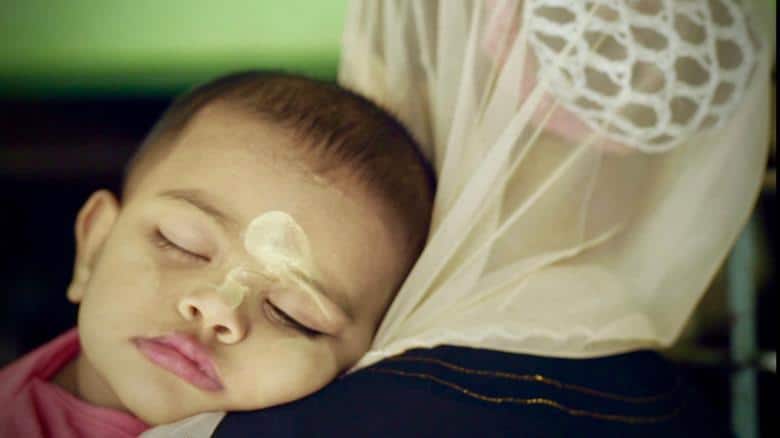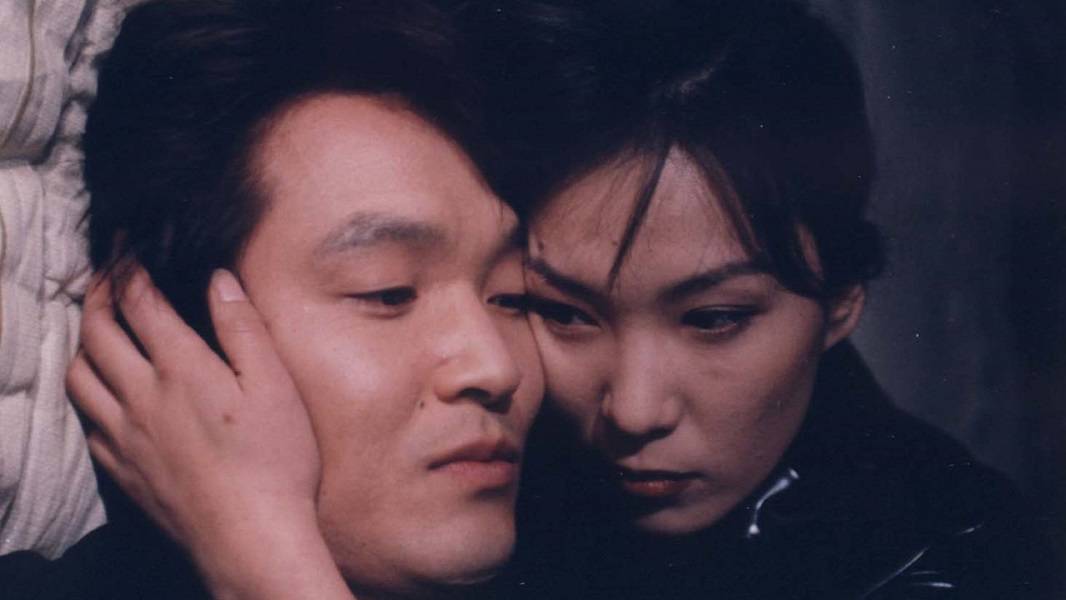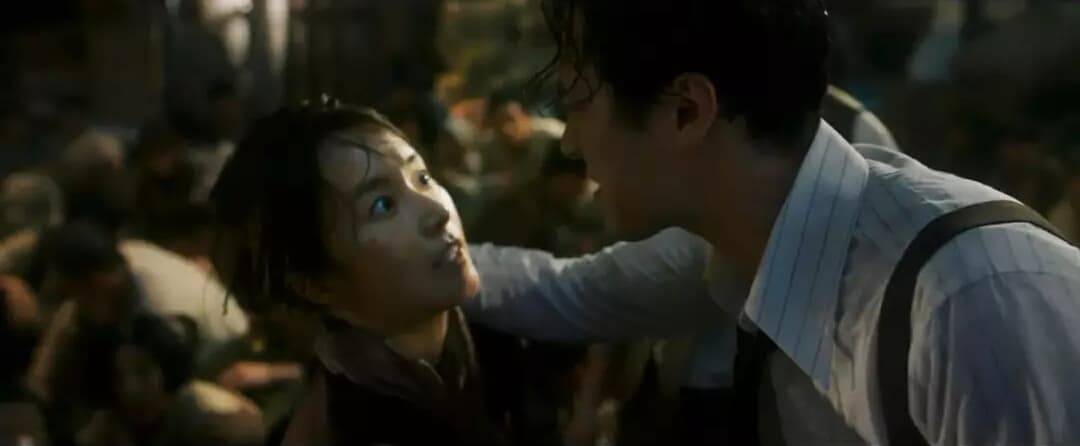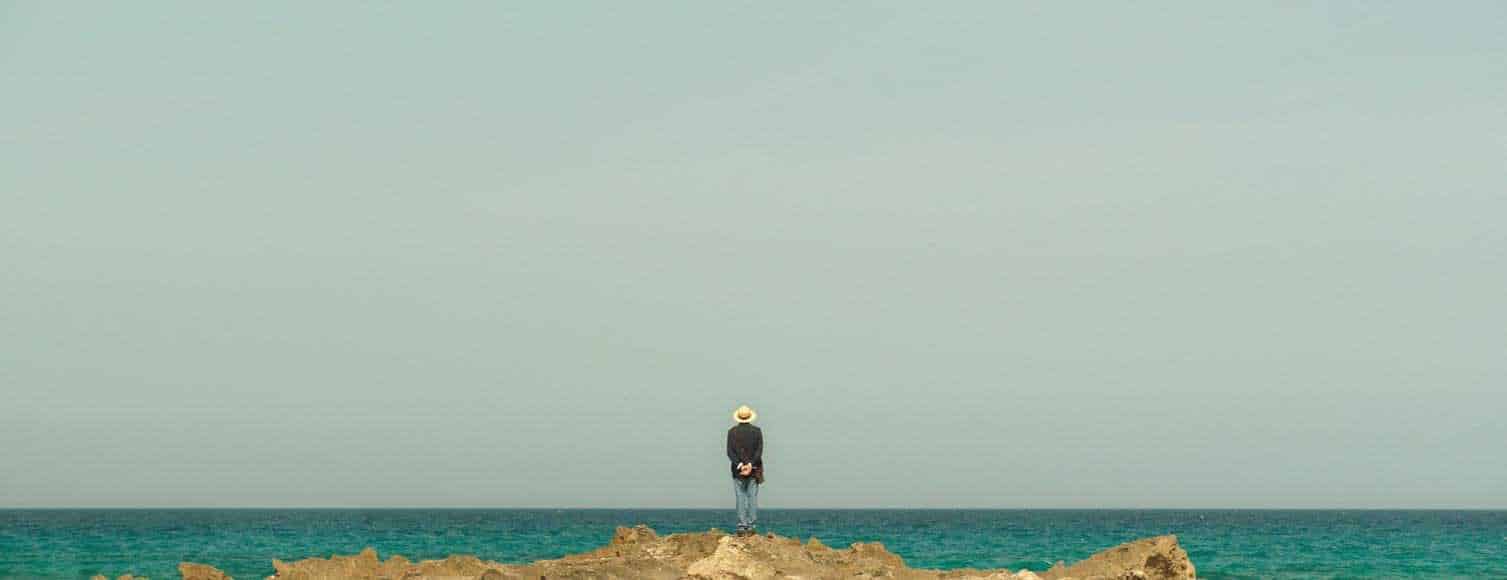In 2015, tens of thousands of Rohingya people fled their homeland of Myanmar. Buddhist extremists actively campaigned for this majority Muslim peoples' demise. Despite Aung San Suu Kyi's promises of democracy, governmental and military institutions devoted themselves to mass arson, forced displacement, and apartheid-like discrimination. At the time, news coverage of the ethnic cleansing flooded the Western media. National Geographic, PBS, VICE, and even Ai Weiwei have released documentaries about the mass exodus. The rest of the world turned their eyes to the Rohingya refugee crisis.
But what about those who stayed?
“Midwives” is playing in the Sundance World Cinema – Documentary Competition. This film's distribution is managed by Dogwoof.

Myanmar-based filmmaker Snow Hnin Ei Hlaing investigates this in her documentary debut, “Midwives,” which is now playing in the Sundance World Cinema – Documentary Competition. Here, she follows two women – one Buddhist (Hla) and one Muslim (Nyo Nyo) – in a Rakhine State village. Despite local pressures against Rakhine/Rohingya intermingling, Hla teaches Nyo Nyo the basics of medical care in exchange for Nyo Nyo's translations. Over the course of a year, Nyo Nyo blossoms: she bears a daughter, establishes a savings club, and even sets up her own clinic. Throughout it all, Hla stays by her side.
Formally, the film is relatively unremarkable. Snow Hnin Ei Hlaing weaves in the occasional interview with a sweeping drone shot, but she mostly observes day-to-day events on-the-ground. As Hla and Nyo Nyo busy themselves with their work, Snow silently follows. In one way, the sheer simplicity gives “Midwives” part of its charm. Unlike a standard reportage documentary, Snow does not seek to exoticize, explain, or expose any Western audiences to the duo's daily lives. Instead, she seems more focused on capturing pockets of the present. In a region where the future remains tumultuous, even the most mundane moments count.

As such, the camaraderie captured on camera is impressive. Hla and Nyo Nyo seem extraordinarily comfortable with being filmed. Even on rolling, Hla throws out casual slurs to her Muslim patients; she freely expresses her frustrations and her excitations. Nyo Nyo, on the other hand, visibly opens up to the filmmaking process. First shy and then resolute, she begins to insist upon her dreams out loud. When the two are on-screen together, then, they banter with one another as equals. They seem resolute to not allow their ethnicity or religious beliefs come between their friendship.
It is heartbreaking, then, to see this documentary face its inevitable denouement: with military action. Even Snow seems reluctant to let the two go. After all, Hla and Nyo Nyo invite Snow – and by proxy, us – into their lives. They do not seek to explain or expose, but simply to live – together, and with the freedom to do as they please.















